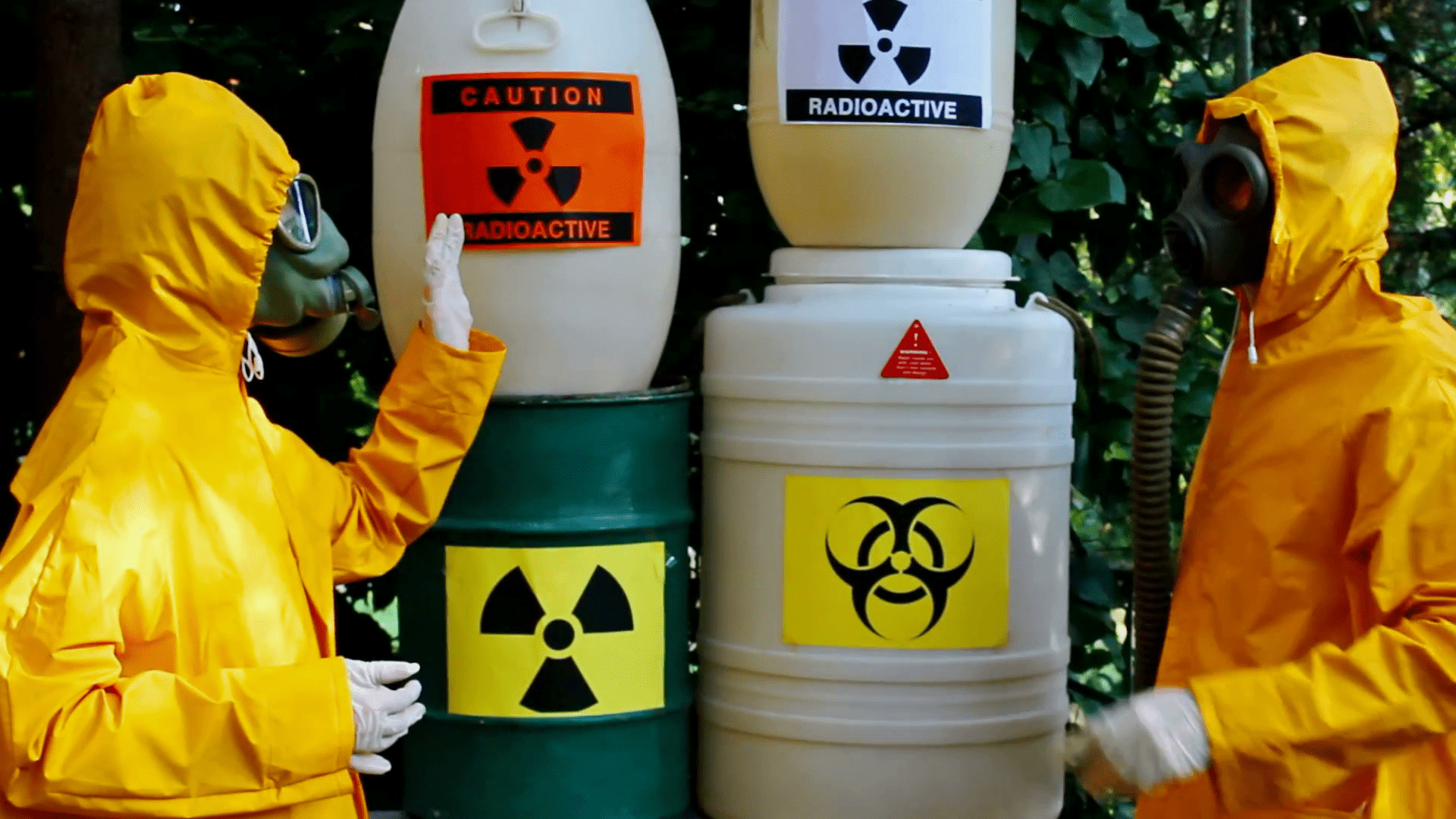
What is TSCA?
The Toxic Substances Control Act (TSCA) is a United States law that regulates the manufacture, importation, distribution, processing, use, and/or disposal of specific and potentially hazardous chemicals that pose a risk to people, workplaces, communities, and the environment. The law is intended to protect the public from exposure to harmful substances like PCBs (polychlorinated biphenyls), asbestos, radon, elemental mercury, formaldehyde emissions from composite wood products, and lead-based paint. TSCA gives the EPA (Environmental Protection Agency) administrative oversight and authority to enforce regulations and set guidelines pertaining to the law.
TSCA legislation has played a crucial role in safeguarding public health and the environment from potentially hazardous chemicals since its enactment in October of 1976. The act stemmed from a 1971 study initiated by the President’s Council on Environmental Quality. That study recommended comprehensive legislation that identified and controlled potentially hazardous and dangerous chemicals being manufactured and used in U.S. commerce. With its passage five years later, TSCA provided the framework for the regulation of chemical substances and mixtures, aiming to ensure that these substances do not present an unreasonable risk to human health and the environment. Today, TSCA is instrumental in addressing concerns related to the production, use, and disposal of chemicals, thereby helping to protect the well-being of both people and the environment.
EPA Regulatory Oversight and Provisions
TSCA authorizes the EPA to screen chemical substances, new and existing, that are used in manufacturing or for commerce, or to identify potentially dangerous products or uses that should be subject to federal control. This includes chemicals that are synthetic or naturally occurring, except those chemicals already under regulatory oversight by other agencies. For example, chemicals used as certain food additives, or for production of cosmetics and drugs, or in tobacco, firearms, ammunition, or pesticides would be under FDA and ATF jurisdiction. Of those chemical substances that fall under TSCA, the EPA has the authority to identify, review, oversee, and regulate them before and after they enter the market, with an emphasis on preventing potential environmental and health hazards, and to make certain they are managed effectively.
For purposes of monitoring and regulation, there are several provisions in the act that require the EPA to maintain an inventory of chemical substances produced in or imported into the U.S. Manufacturers and importers are required to notify the EPA in advance of any new or proposed chemical substances before production can begin or importation is approved. This allows the EPA to assess potential risks to the population and the environment. Existing chemical substances in commerce are subject to evaluation, review, and regulation by the EPA to mitigate unreasonable risks or impose restrictions or bans if necessary.
Collecting and Reporting Information
The purpose of collecting and reporting existing and new substances is to ensure that the EPA can access relevant information to assess the potential risks associated with specialty chemicals. Therefore, TSCA gives the EPA considerable authority to collect information from companies, manufacturers, and industries. EPA can require maintenance of all records and reporting of chemical identities, names, and molecular structures. This would include categories of use, amounts manufactured, descriptions of byproducts related to the manufacturing, as well as the processing, applications, and manner or method of disposal for chemicals.
All those who manufacture, process, and distribute chemicals subject to TSCA regulations are required to maintain records of significant adverse effects or reactions to health or the environment. Copies of health and safety studies must be reported to the EPA by industries as soon as the studies are completed or adverse effects are discovered.
TSCA requires manufacturers, importers, processors, or distributors of specialty chemicals to submit lists and copies of unpublished health and safety studies to the EPA as well. This requirement applies particularly if there is information indicating that these chemicals present a substantial risk to human health or the environment. There are no exemptions to TSCA reporting requirements, even if the production or importation volumes are relatively small or if it’s used for small commercial activities or businesses.
Overall, TSCA serves as a framework for managing chemical risks in the United States, aiming to safeguard human health and the environment while allowing for the continued innovation and use of chemicals in commerce. If your company produces, processes, or distributes any chemical substances subject to TSCA regulation and needs help in understanding or determining your EPA reporting requirements, contact the hazardous materials experts at MLi Environmental. From hazardous material audits to hazardous waste management and services, we are one of the most trusted hazardous waste companies in New England. For more information, contact MLi today.
